A new study looked at the extent to which plastics can be recycled using mechanical methods, finding good and bad news.
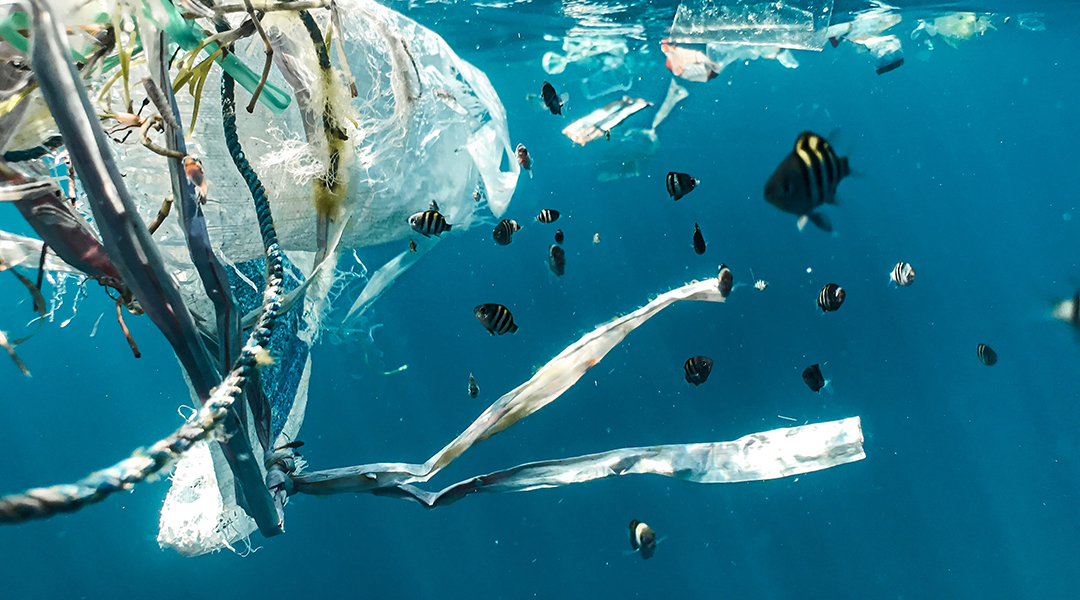

A new study looked at the extent to which plastics can be recycled using mechanical methods, finding good and bad news.

An innovative photoreactor concept achieves commercially viable performance indicators for a broad variety of solar-driven reactions.

A tough gel electrolyte protects lithium metal anodes for safer and more efficient rechargeable batteries.

A device that generates electricity using moisture in the air could be the future of sustainable power generation.

The most compact nuclear fusion reactor built to date could provide a more affordable and sustainable means of future fusion energy.
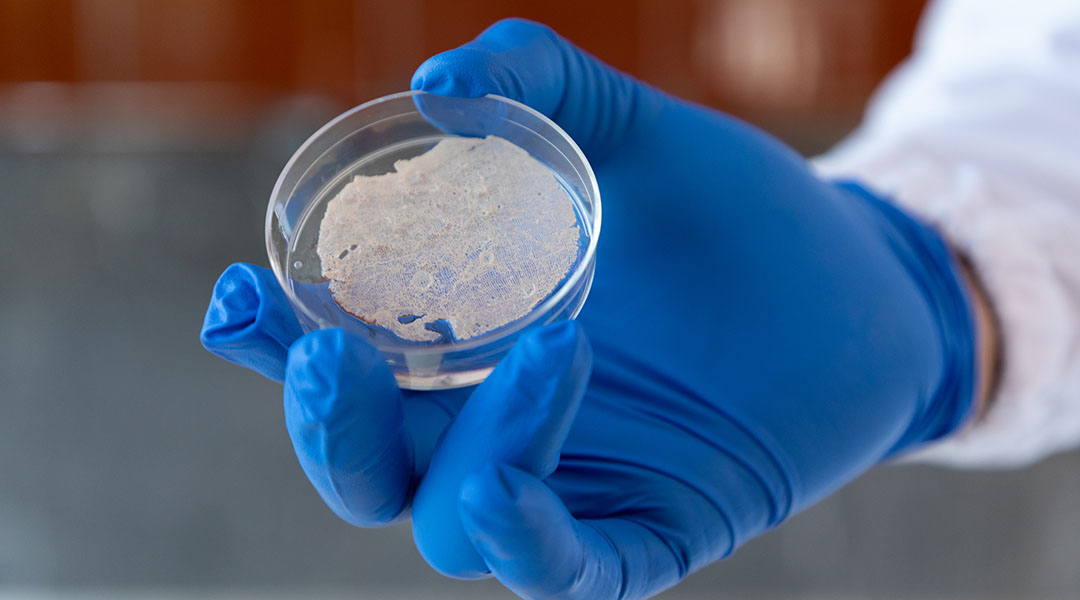
Using plant proteins derived from crop waste and spent grains adds new dimension to sustainable lab-grown meats.
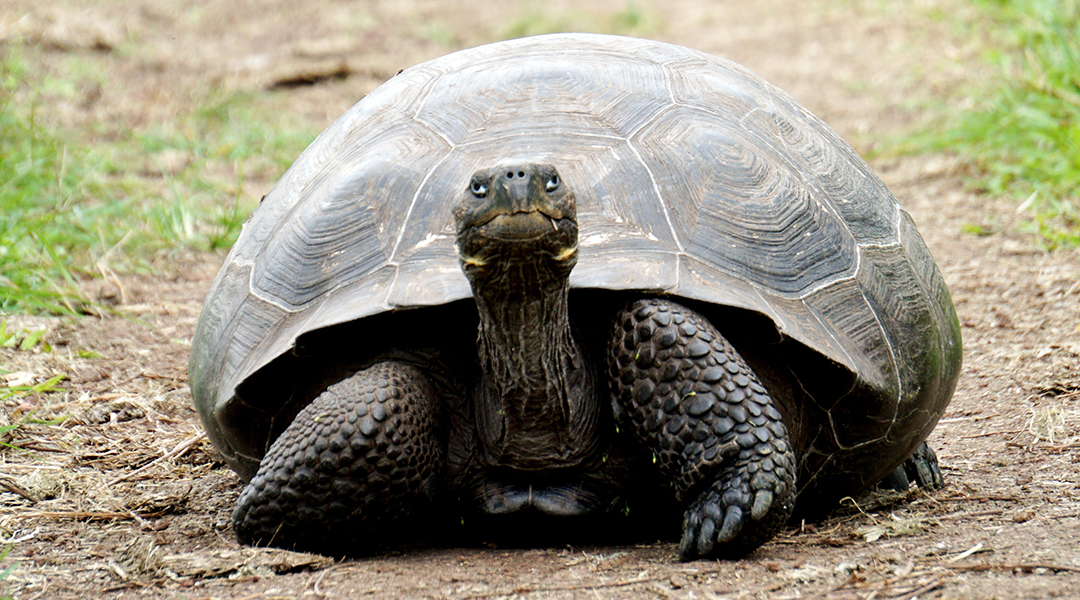
Galapagos tortoises display temperature-dependent sex determination, which may negatively skew population demographics under climate change.
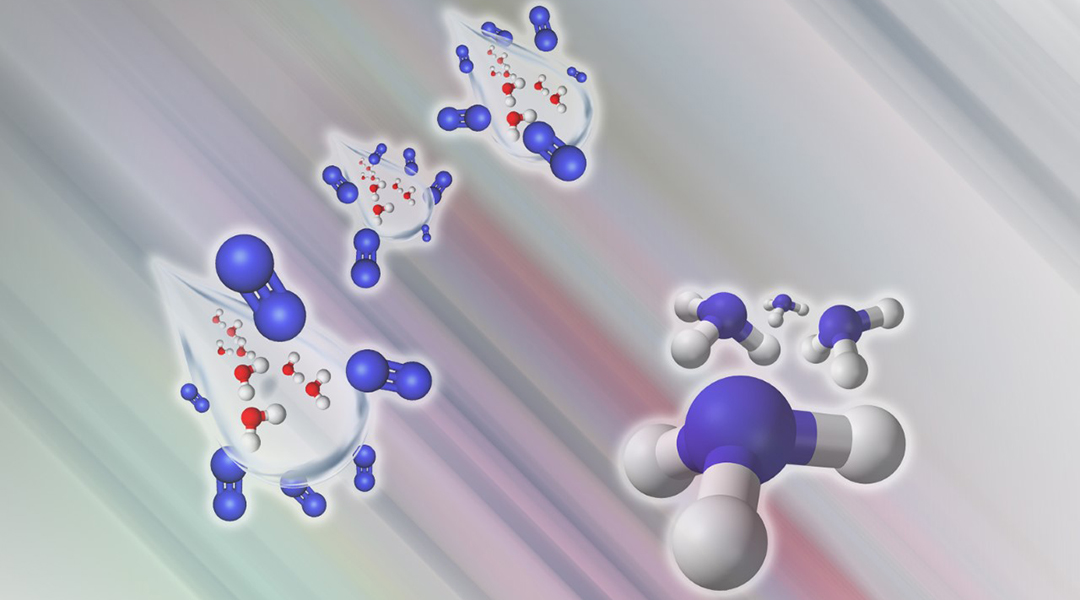
A one-step synthesis of ammonia without thermal, electrical, or solar input could help replace energy-intensive Haber Bosch.
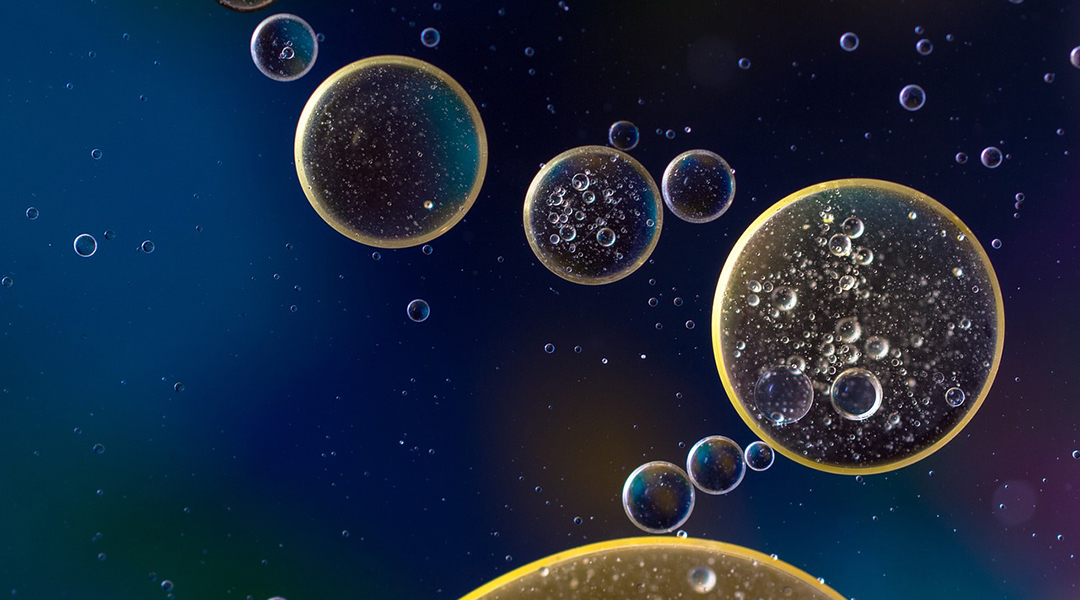
A clever ocean-based device pulls and permanently sequesters carbon dioxide from the atmosphere, generating green hydrogen in the process.
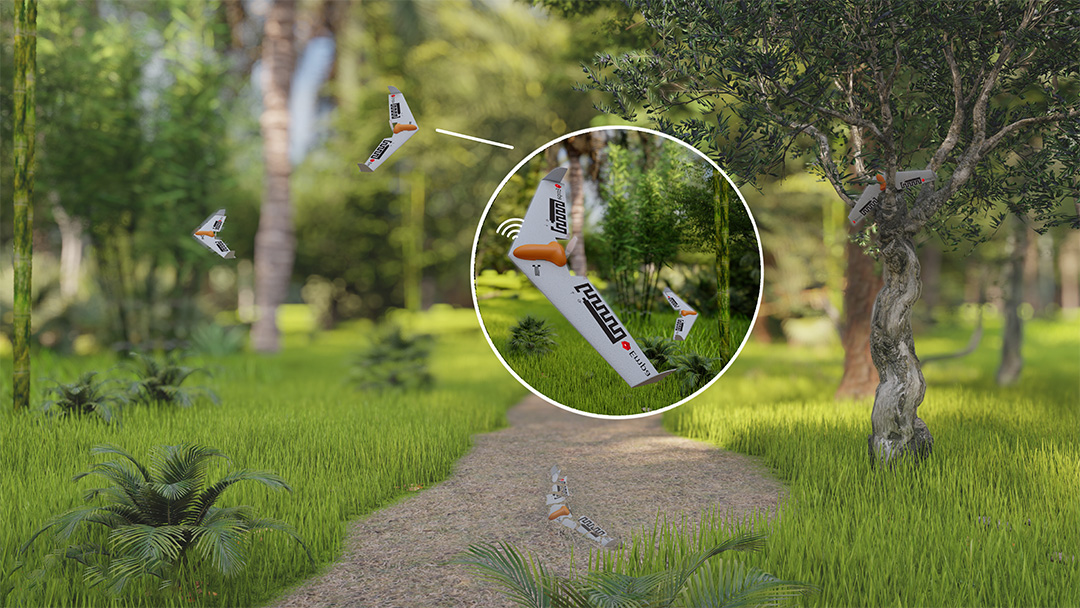
The forest floor should be able to make a meal out of this new drone made of almost completely from biodegradable parts.